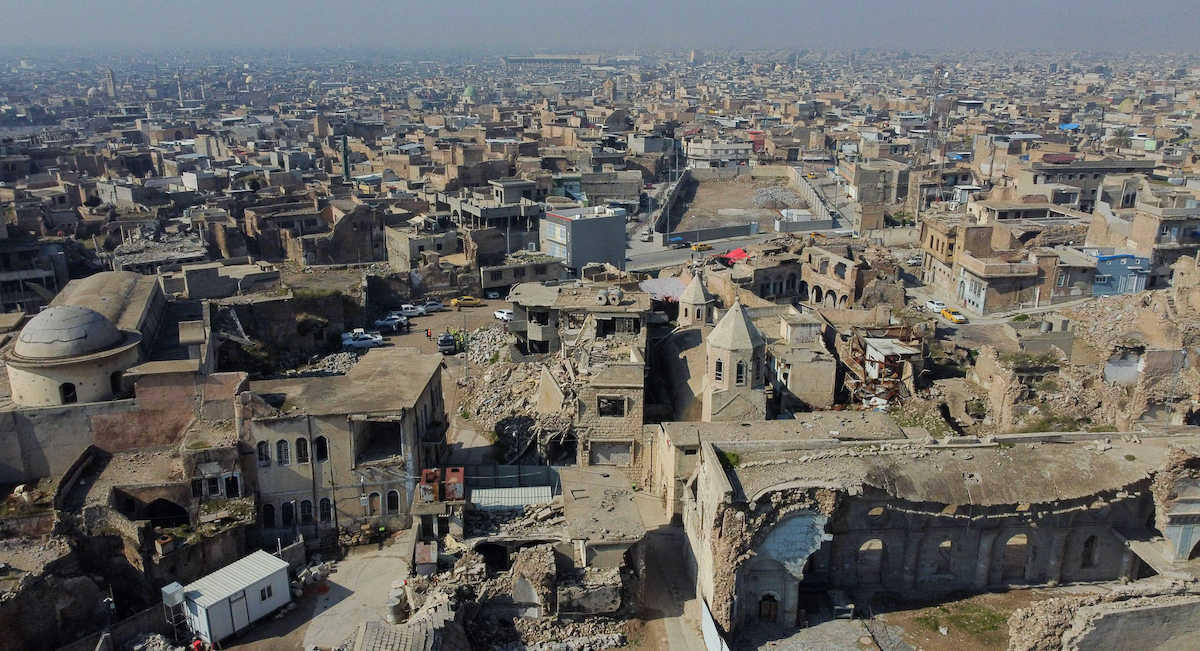Marwan Salem Al-Ali: professor at the College of the Political Science/University of Mosul, specializing in strategic affairs.
Introduction:
The process of peace and its sustainability is a global humanitarian demand that humanity has sought since its existence. Despite the efforts made to achieve peace, it has not reached its desired ambition. Internal and external wars, conflicts that reveal to us religious and sectarian struggles, etc. Thus, it has become necessary to follow policies and procedures that reinforce the culture of peace, renounce violence and extremism, promote trust among the people, promote cooperation and tolerance, and spread them among people.
The peacebuilding process is a sustainable and vital process based on the interaction of leadership and society, and across the affected society’s levels. Building peace and sustainability involves multiple activities at multiple levels, implemented by different groups and components of individuals simultaneously. Each level has different needs and demands at different times, each according to its needs, as each one is related to and dependent on the others.
Here, the process of establishing sustainable peace and security is considered one of the important pillars of the United Nations. It is one of its main objectives that includes multiple components. The foundations for sustainable peacebuilding differ depending on the specific field of operation and are linked to the different natures of states and their societal makeup. It is also related to determining the time frame, objective scope, and type of conflict.
The process of peacebuilding begins on all levels as soon as the war ends in the areas where it was conducted, on both international and national levels. This includes, for example, the establishment of arms control systems, increasing the number of confidence-building measures to ensure cooperation and peace in national and international affairs, as well as initiatives to reduce unemployment and poverty, promote peace principles, and work on sustainable development in all aspects. It also involves disarmament and the reintegration of individuals who were associated with armed forces and groups. These are the primary practical steps toward sustainable peacebuilding.
Political and Security Pillars
The political pillars for enhancing the process of sustainable peacebuilding and peaceful coexistence are diverse and depend on each political system and time. The peacebuilding process in a country involves rebuilding public institutions, enabling the state to regain its lost capacity due to crises such as the national identity crisis, integration crisis, and others that sometimes exceed the capacity of the system. This requires developing strategies and adopting multi-dimensional concepts. The political pillars are the mainstay of peacebuilding and its sustainability in diverse communities, and they are the essence of achieving the project of homogeneity and social integration. They can be summarized as follows:
Adopting the definition of good governance and a democratic system
Good governance expresses the exercise of political power and its management of the affairs of society, its resources, and its economic and social development in a specific manner characterized by wisdom. Governance has a broader definition than government since it includes official state institutions with their legislative, executive, and judicial powers, public administration, and the activities of non-official bodies and institutions.











